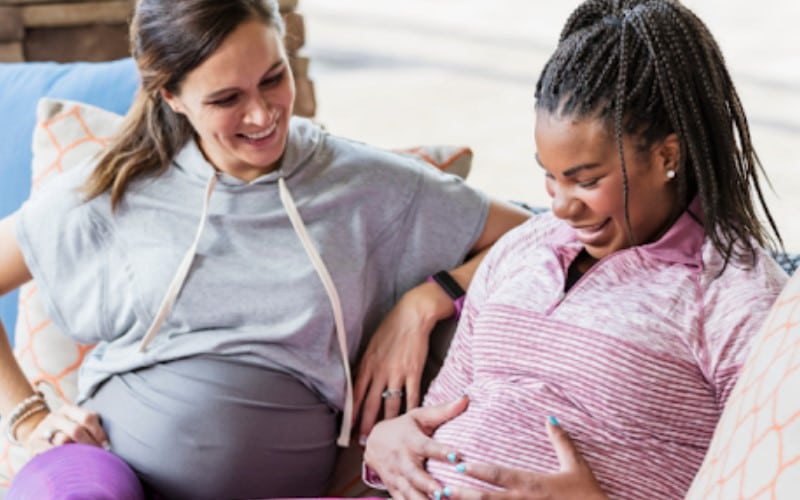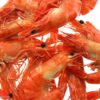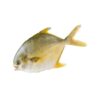Expectant moms should pay extra attention to their diets during pregnancy to make sure they are providing the necessary nutrients for their unborn child’s healthy development. Whether it’s okay to eat crab is one of the most often asked questions regarding seafood during pregnancy. We will examine the issues of eating crab while pregnant in this post, looking at both the advantages and disadvantages.
Nutritional Value of Crab
A delicious seafood dish, crab is high in nutrients that are good for your general health. It is a great source of high-quality protein, which is necessary for the organs, muscles, and tissues of the developing infant. Crab also contains a wealth of minerals, including zinc, copper, and selenium, all of which are essential for many physiological functions.
Omega-3 Fatty Acids
The omega-3 fatty acid content of crab is one of its biggest nutritional advantages. The growth of the baby’s brain and eyes depends on omega-3 fatty acids. In addition to improving the mother’s cardiovascular health, these good fats may also lower the chance of preterm birth. It’s typically advised to include foods high in omega-3s in your diet when pregnant, and crab is a delicious and nutrient-dense choice.
Mercury Concerns
Even though crab can be a great source of nutrients, it’s important to think about the possible risks of consuming shellfish while pregnant, especially because of the mercury concentration. Certain varieties of seafood may contain variable quantities of mercury, a heavy metal that could be harmful to the growing baby.
Fortunately, compared to several other seafood options, crab has comparatively low levels of mercury. On the other hand, it is recommended that expectant mothers exercise caution and restrict their consumption of fish high in mercury, such as swordfish, king mackerel, tilefish, and shark. When incorporating crab into a pregnant woman’s diet, moderation is essential to ensuring that her total mercury intake stays within safe bounds.
Cooking Techniques
The safety of crab during pregnancy might also be affected by how it is prepared. Choosing properly cooked crab is crucial to reducing the chance of contracting foodborne infections. Seafood that is raw or undercooked may be dangerous since it may be contaminated with bacteria or parasites. To lower the chance of contracting a foodborne illness, it is advised to steer clear of raw crab foods like sushi or ceviche and instead select completely cooked alternatives.
Consulting with Healthcare Professionals
It is advisable for expectant mothers to seek advice from their healthcare practitioners prior to making substantial dietary modifications, such as adding crab to their diet. Healthcare providers can offer individualized advice based on the unique dietary choices, allergies, and medical circumstances of each patient.
In conclusion, because it provides important elements including protein, calcium, and omega-3 fatty acids, crab can be a nutrient-dense supplement to a pregnant woman’s diet. To reduce the danger of foodborne illnesses, it is imperative to choose well-cooked crab and to be aware of the mercury concentration. To make sure that consuming crab meets their specific health demands, expectant mothers should speak with their healthcare experts. When done safely, a moderate amount of crab can be a healthy, well-balanced part of a pregnant woman’s diet.






